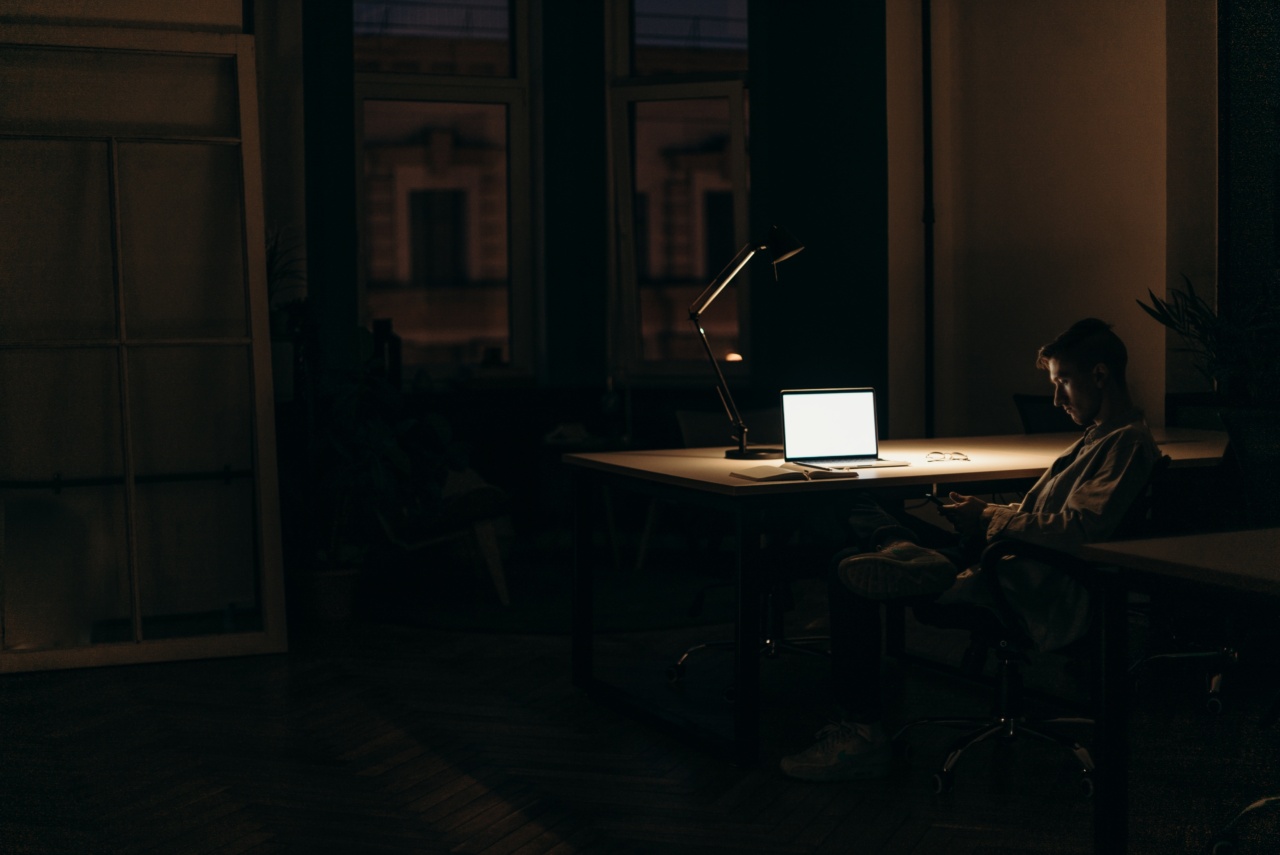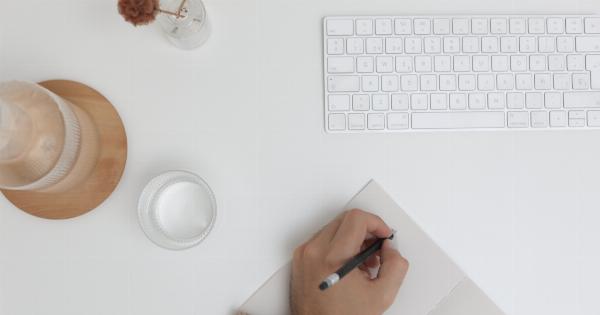Many of us experience headaches from time to time, and sometimes, the cause of those headaches can be linked to our sleep habits. Staying up late can cause headaches, and in this article, we will explore the reasons behind this phenomenon.
What Happens When We Stay Up Late?
When we stay up late, our bodies experience a shift in our circadian rhythm – the natural 24-hour cycle that helps regulate our sleep-wake cycle.
This shift can disrupt the balance of our body’s internal systems, including our hormonal and metabolic cycles, which can lead to headaches.
Disruption in Hormonal Cycle
Staying up late can disrupt the production of important hormones such as melatonin and cortisol.
Melatonin is a hormone that signals the brain when it’s time to sleep, and cortisol is a hormone that helps us wake up and remain alert during the day. When we stay up late, our melatonin levels may decrease, which can make it harder for us to fall asleep.
On the other hand, because we have disrupted our sleep-wake cycle, our cortisol levels may be lower than normal, which can result in feeling fatigued and unwell. This hormonal imbalance can contribute to headaches.
Disruption in Metabolic Cycle
Staying up late can also disrupt our metabolic cycle, which can result in headaches. Our metabolic cycle is responsible for regulating our body temperature, blood sugar levels, and blood pressure.
When we stay up late, our metabolism may slow down, our blood sugar levels may increase, and our blood pressure may be higher than normal. These disruptions can cause headaches, especially if we don’t eat properly or if we consume stimulants like caffeine or alcohol late at night.
Lack of Sleep
One of the most obvious reasons that staying up late can cause headaches is simply due to lack of sleep.
Sleep is an essential part of our body’s natural healing process, and when we don’t get enough sleep, our bodies can become stressed, resulting in headaches. Additionally, a lack of sleep can lead to other health problems like depression, anxiety, and high blood pressure, all of which can contribute to headaches.
Dehydration
Staying up late can also lead to dehydration, which can cause headaches. When we don’t get enough sleep, our bodies may not be able to produce enough fluids, leading to dehydration.
Additionally, we may not be drinking enough water or consuming foods and drinks that contain water, especially if we are staying up late to finish work or study. Dehydration can cause headaches, fatigue, and other health problems.
Stress
Stress can cause headaches, and staying up late can exacerbate stressful situations. For instance, if we are up late finishing a project or studying for an exam, we may be stressed about meeting a deadline or passing a test.
Additionally, staying up late can disrupt our normal routine, causing us to feel more anxious or overwhelmed, which can contribute to headaches.
Eye Strain
Staying up late often involves staring at a computer or phone screen, which can cause eye strain and contribute to headaches. The blue light emitted by screens can mess with our circadian rhythms, making it harder for us to fall asleep.
Additionally, staring at a screen for extended periods of time can cause eye strain, which can result in headaches and other vision problems.
Poor Posture
When we stay up late, we may be sitting in a chair or lounging on a couch for extended periods of time, which can result in poor posture. Poor posture can lead to headaches, neck pain, and other body aches.
Additionally, our bodies may be more vulnerable to tension headaches if we are sitting in an uncomfortable position and not taking breaks to stretch or move around.
Conclusion
As we’ve seen, staying up late can cause headaches due to a variety of factors. Disruptions to our hormonal and metabolic cycles, lack of sleep, dehydration, stress, eye strain, and poor posture can all contribute to headaches.
If you experience headaches frequently, it may be helpful to take a closer look at your sleep habits and make some adjustments to improve the quality and quantity of your sleep.































